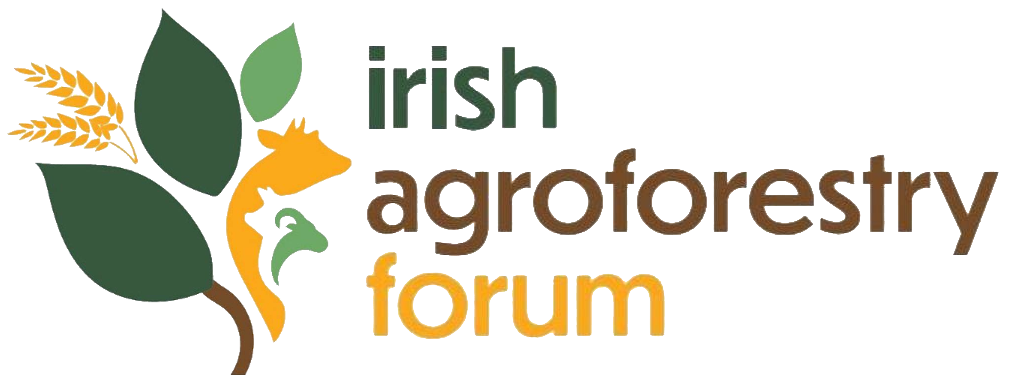Multispecies Swards
Growing high-quality grassland swards is vital for milk and meat production in Irish agriculture. For better harvest yields, nitrogen fertiliser is typically added to grassland. However, high levels of nitrogen fertiliser is associated with high levels of greenhouse gas emissions, and there is considerable pressure to reduce fertiliser use. Planting environmentally sustainable grassland swards by mixing grass with different clovers and herbs can bring multiple benefits to both farmers and the environment.
DAFM currently have a Multi Species Sward Measure.
This Measure aims to incentivise farmers to sow multi-species swards, which will reduce the reliance on nitrogen fertilisers and promote a more sustainable method of farming. A financial contribution will be provided to participating applicants to offset part of the cost that farmers will incur in the establishment of these swards. This measure will build on the areas established under the 2022 pilot programme and will make a positive contribution to targets set under the EU Green Deal strategies including the Farm to Fork and Biodiversity strategy as well as goals set in the Climate Action Plan 2023.
Research work carried out on multi-species swards has shown positive results around low nitrogen fertiliser use, which will have a beneficial impact on nitrous oxide emissions. Other benefits arising from this Measure include improved biodiversity, greater tolerance to drought conditions and reduced anthelmintic requirements due to the presence of chicory and plantain. Please see further information here or contact your local Teagasc advisor.
Oxford Real Farming Conference 2022 discussion with Lawrence Woodward, Kate Scott, Chris Aukland.
Alternative and traditional methods based on farmers’ observations, knowledge and wisdom are having massive success in significantly reducing anthelmintic and antibiotic use on UK farms. The results of a Whole Health Agriculture (WHAg) survey of over 220 livestock farmers will be presented in this session. It shows that homeopathy, herbal treatments and a range of complementary and alternative methods (CAMs) is achieving up to 69% reduction in antibiotic use, up to 70% reduction in vet costs, significant reduction in disease frequency and severity and massive improvement in livestock health.
Following an overview, this session will look at the top three methods considered to be most efficacious by surveyed farmers: nosodes and homeopathic remedies, herbs and medicinal plants, and essential/plant- derived oils.The practical details behind the results will be explained, and discussion will be informed by "the voices of the farmers" whose wisdom and experience has been ignored for too long.
Swards for the Future
08 September 2022
Proceedings of the Swards for the Future Conference & Workshop which took place over two days on 8 & 9 September in the Teagasc Moorepark, Co. Cork.
